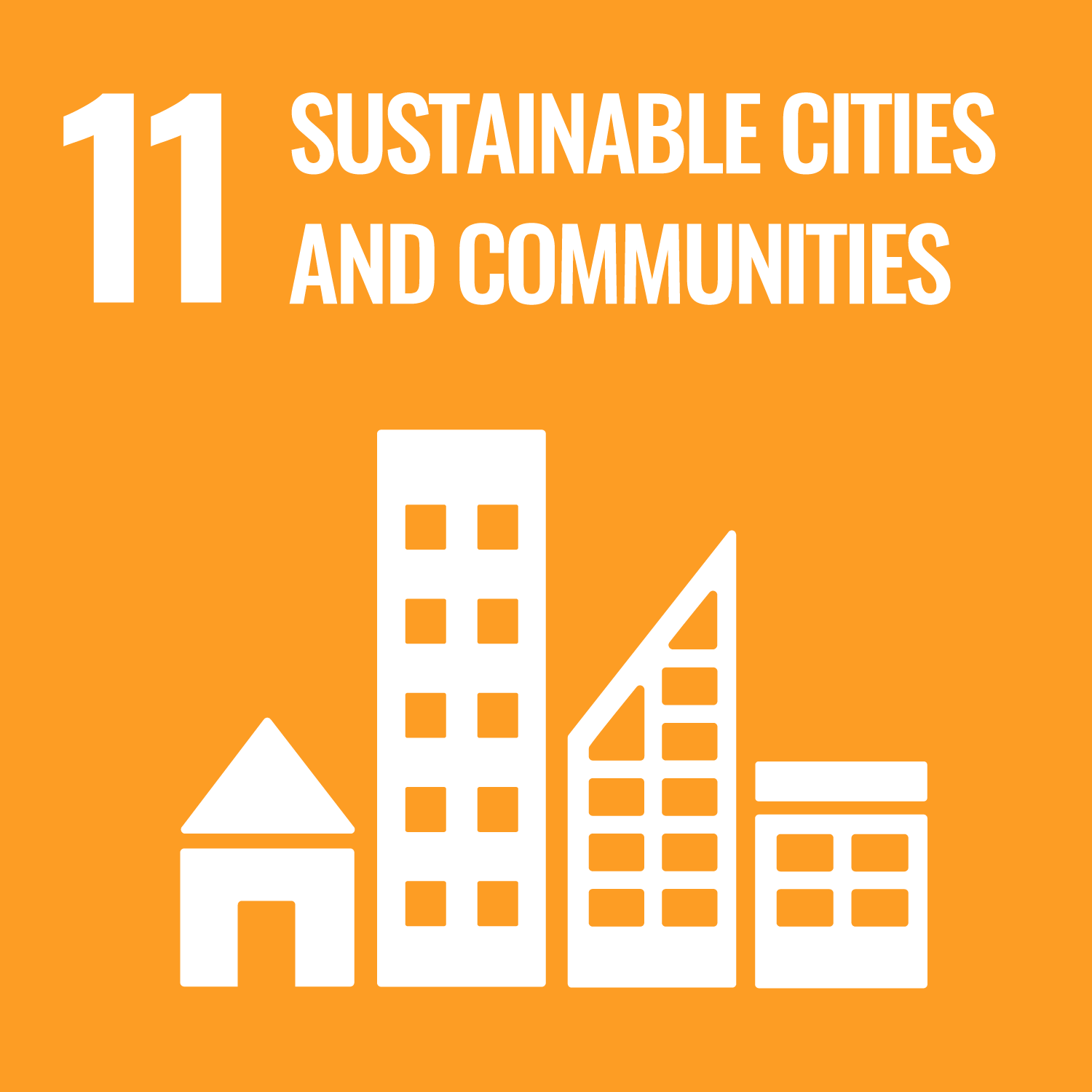Wang, Y., Hancock, T.O., Wang, Y. et al. (1 more author) (2025) Modelling residential relocation behaviour combining passive revealed preference data and stated preference survey data. Transport Policy, 173. 103789. ISSN: 0967-070X
Abstract
Understanding how various factors shape residential relocation is crucial for effective infrastructure planning and policy. Yet, existing revealed preference (RP) datasets often lack essential demographic or dwelling details, while stated preference (SP) surveys are prone to hypothetical bias and behavioural incongruence. To fill in this gap, this study presents a residential relocation choice model that combines residential location data derived from passively generated public transport smart cards of 82,720,872 users and SP data from 971 respondents (8739 observations) in Beijing, China. Both types of data were generated or collected in the backdrop of the COVID-19 pandemic, which led to higher-than-usual residential relocations in Beijing. The integrated approach, which accounts for the scale difference between the two datasets, reveals a strong preference for city-centre locations. But higher infection risks increase the likelihood of moving away from crowded areas, whereas flexible work-from-home policies lower the inclination to relocate to the centre. These findings quantify how different pandemic-related factors alter traditional relocation drivers. The results can guide policymakers in designing more resilient housing and transport policies, especially under future disruptions like pandemics. Moreover, the data-fusion framework offers a replicable strategy for researchers and planners seeking to capture both real-world behaviours and hypothetical scenarios in residential location studies.
Metadata
| Item Type: | Article |
|---|---|
| Authors/Creators: |
|
| Copyright, Publisher and Additional Information: | © 2025 The Authors. Published by Elsevier Ltd. This is an open access article under the CC BY license (http://creativecommons.org/licenses/by/4.0/) |
| Keywords: | Residential location; SP-RP data combining; Long-term impact of pandemic |
| Dates: |
|
| Institution: | The University of Leeds |
| Academic Units: | The University of Leeds > Faculty of Environment (Leeds) > Institute for Transport Studies (Leeds) |
| Funding Information: | Funder Grant number RCUK (Research Councils UK) MR/T020423/1 UKRI (UK Research and Innovation) MR/Y034384/1 |
| Depositing User: | Symplectic Publications |
| Date Deposited: | 11 Sep 2025 09:14 |
| Last Modified: | 11 Sep 2025 09:14 |
| Published Version: | https://www.sciencedirect.com/science/article/pii/... |
| Status: | Published |
| Publisher: | Elsevier |
| Identification Number: | 10.1016/j.tranpol.2025.103789 |
| Sustainable Development Goals: | |
| Open Archives Initiative ID (OAI ID): | oai:eprints.whiterose.ac.uk:231385 |
Download
Filename: Modelling residential relocation behaviour combining passive revealed.pdf
Licence: CC-BY 4.0


 CORE (COnnecting REpositories)
CORE (COnnecting REpositories) CORE (COnnecting REpositories)
CORE (COnnecting REpositories)